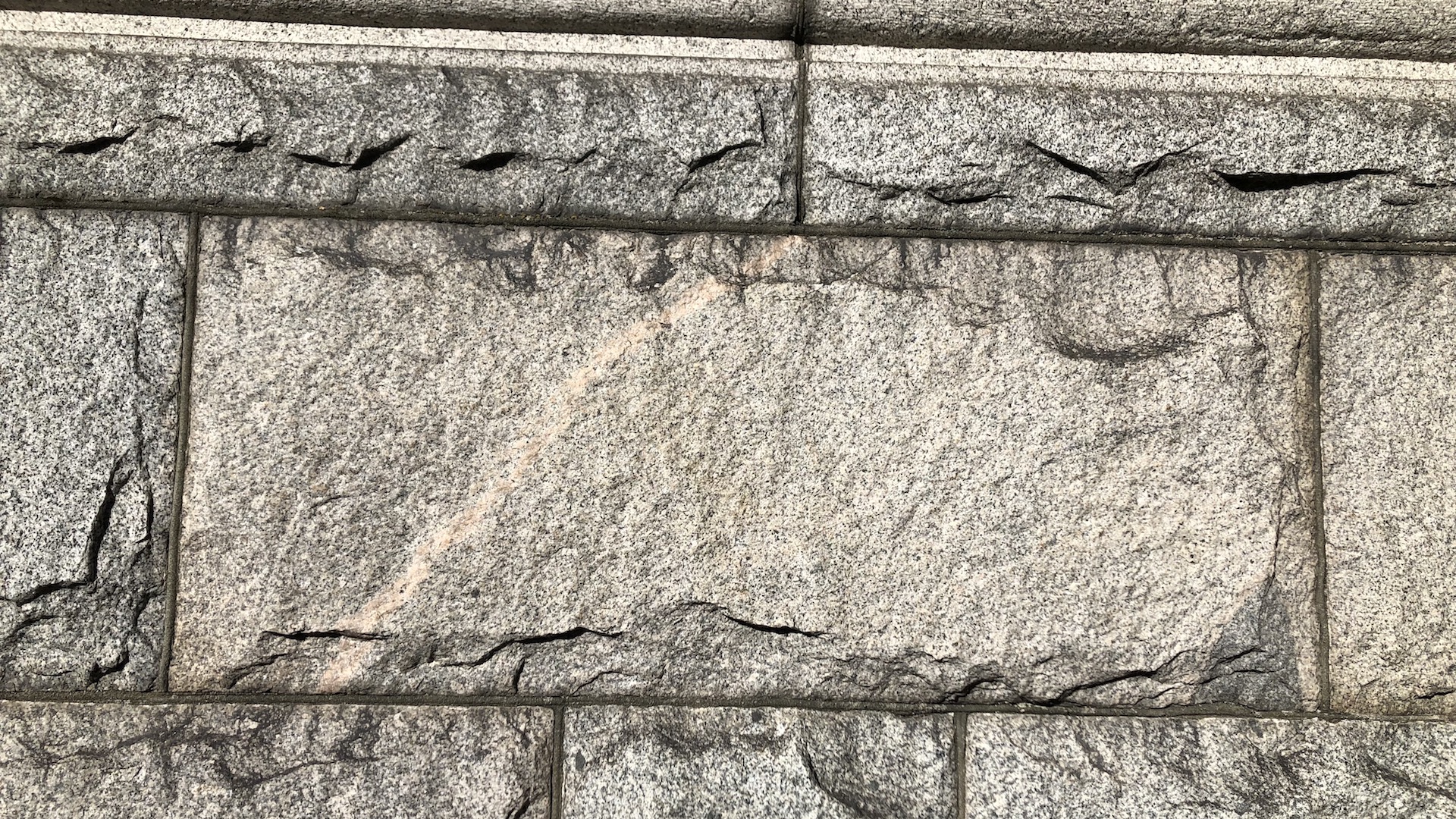This old stone building resists change. The physical manifestation of government, the people’s house on Belleville St. in Victoria, is a metaphor.
The emergence of three Greens is shocking on its own. Three MLA’s negotiating a pathway through a tied house, is exceptionally unusual. The seat count in this place has not been so close in decades.
A majority here is the norm. And, it provides comfort for the status quo to prevail. Layers of “this is how we have always done it” insulates us from the peril of having to think about “how we can do it better?” Or even, “who do we serve?”
Perhaps, that is why my first few months in this place was so chaotic. Everyone speculating about how unstable it is. Not because it is any less stable, none of us love elections, but because it was unusual, uncomfortable, and different.
Far too much resistance
There is so much resistance holding us back.
Take ride-hailing as one example. Both sides of the British Columbia political establishment, (because up until recently we have accepted that there are only two sides to any debate in this province) blocked ride-hailing. No doubt, we saw how the disruption can cause other social, economic and environmental issues. But, none of those are reasons to entirely block ride-hailing.
This is how the bread has been buttered. It is what we know, and it’s worked well for electing the establishment. Thus, change is resisted. And, all sorts of red herring arguments are constructed to preserve business-as-usual.
So, what is the result of our rigidity? It permits poor practices to persist. And, it closes minds to the potential of adopting good, or best, practices that other jurisdictions have embraced, and we can use to improve.
We need to be more flexible, and more agile. We need to ask, and answer, the question about who we serve. Is it our own political career? The political banner we fly? Or, the public interest?
Starbucks is one minor tweak from removing the barista from the Americano. McDonald’s is encouraging touch screen ordering, rather than hiring and training our kids how to interact professionally with humans and deliver exceptional customer service like they did for me when I was fifteen. The result of this is we are losing.
We are losing because we have let this disruption, removing the human face from service, go ahead of a healthy conversation about the cost to society of automation, and how we make up for the challenges this is causing us.
Any thoughts on this?


Bread doesn’t rise without yeast. Keep on being the yeast.
Ha! Awesome. Thank you Amber.
Agreed with all you have written, Adam.
One dares to hope that change/ improvements can be accelerated not only because of the precarious balance of seats in the legislature, but because of the climate change emergency being declared by hundreds of city councils around the globe. EMERGENCY certainly should preempt the typical painfully, cruelly slow pace to take action.
This Government’s grand “action” plans talk about what’s to be done years, even decades from now. Meanwhile youth around the world are in the streets demanding action NOW, not target and certainly not offsets.
Please keep pushing, my friend, for action NOW, on salmon especially.
I’ve been reflecting on your post about personal discipline – and the need for discipline without losing flexbility, nimbleness, ability to change, openness. Today’s post is a clear demonstration of “discipline” to rigidity and immobility. It is all so interesting!!! Thanks Adam, and Happy International Women’s Day to you!
Thank you Christina! Happy International Women’s Day to you too!
Mr Olsen
You are right about the atmosphere that has been created in our government. I like it. I’m not so sure about depersonalization though as we move forward in this era we are more connected globally. We talk weekly with my son in Australia for the cost of his phone plan.
I am a person in a wheelchair with late on set MS. It has been a difficult however enlivening process at 66. Today I spoke with a friend who has had his lower leg removed. “Never felt better getting rid of all that poison” he says. We all need to learn to face life as an adventure and not let our minds control the show. We need to think of course however we also need to feel the deep currents of our essential nature(s).
Thank you for this post and have a great day today!
Riun Blackwell in Squamish BC
I will get in a line to use a human cashier, rather than go to self-serve checkout lanes, even if empty.
Luckily, the oil and other non-renewable resources will be gone before we can ever completely automate the human out of everything. And at that point, the survivors will be grateful for people like the Wet’suwet’en and the Cree, for preserving the knowledge of how to live sustainably.
What was supposed to be the sharing economy has turned into the latest iteration of Silicon Valley greed. I like the idea of ride-sharing, but the benefits to drivers don’t seem to measure up to a living wage, and often fill in the gaps for other low-paying employment in the gig economy. My sense is that Lyft and Uber solve a problem for the privileged, but largely at the expense of those less well connected. I don’t know the answer, but I tend to favour solutions related to vastly improved public transport options.
There is an underlying notion in our economic system that says that profit is the end goal of everything and must not be compromised. We likely have to have a clear reassessment of how we run our society that moves profit down to the level of a happy incidental circumstance and moves social and environmental welfare to the top of the list.